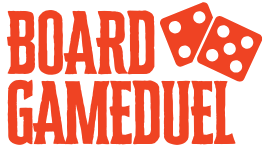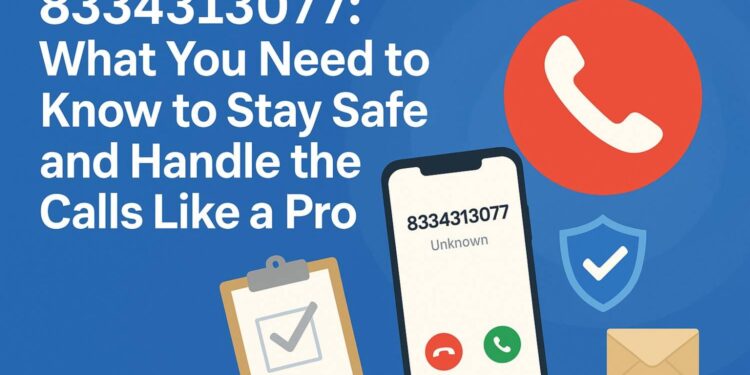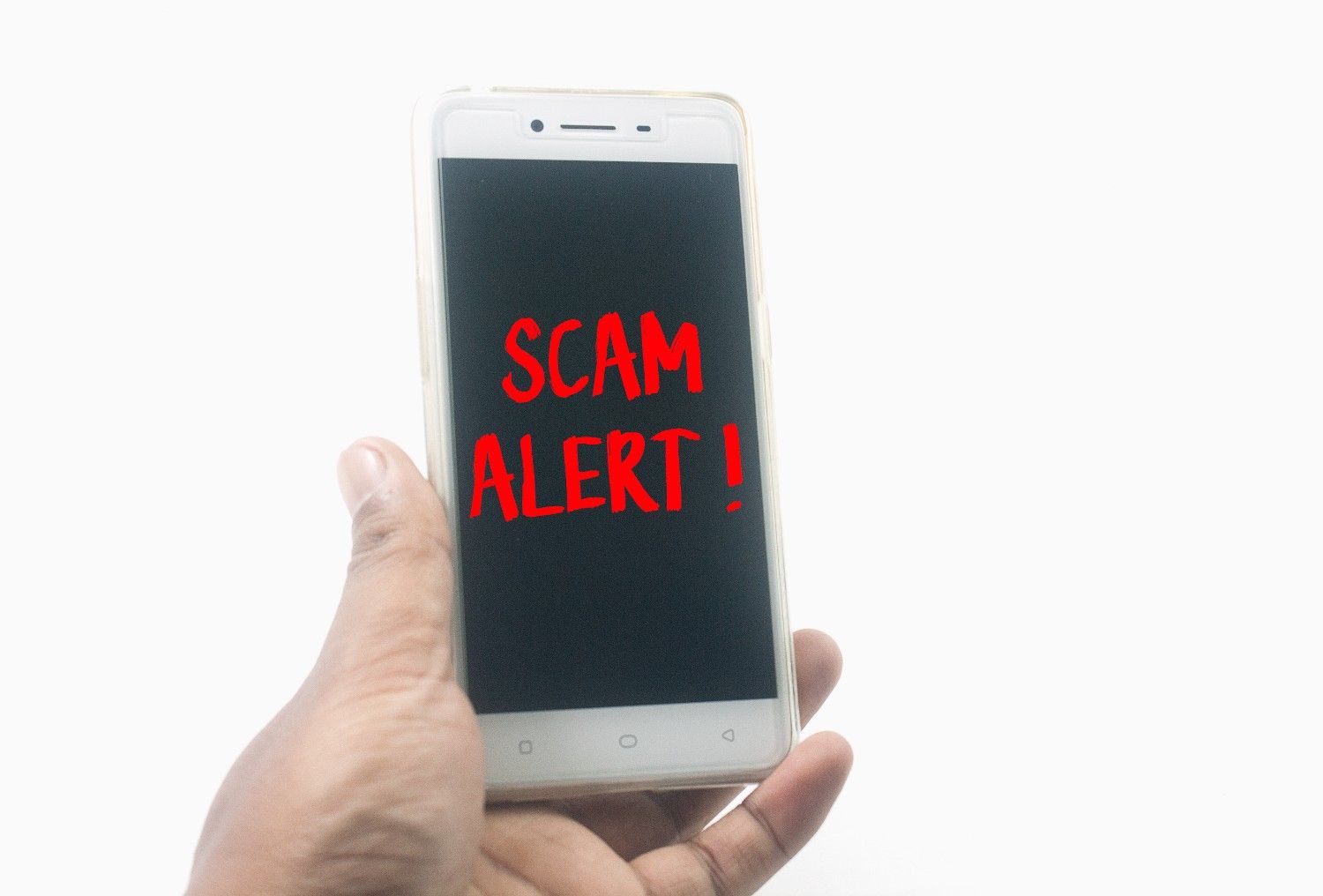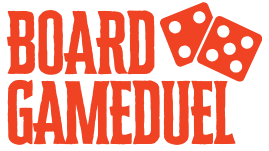If you’ve been getting calls from 8334313077, you’re not alone. The first time it rang my phone, I did what most people do—I stared at it, wondered “Who is this?”, and let it go to voicemail. A quick check online showed mixed reports about the number and mentions of debt collection-style messages. That’s when I dug deeper, learned what’s real, what’s noise, and how to respond without stress. Here’s the straight talk you came for—no fear-mongering, just practical steps that work.
Is 8334313077 a spam or debt collection number?
Many users report 8334313077 as a nuisance or spam call, often with voicemail scripts that sound like debt collection or “account resolution” messages. Third-party call directories have flagged the number with spam activity and “negative” user reputation, including analytics showing prior call volume.
Some voicemail transcripts linked to the number reference “NARG” or “National Action Resolutions Group,” a name that appears on call-report sites associated with debt collection. While directory listings and forums aren’t official records, they offer useful breadcrumbs for understanding why you’re being contacted.
The bottom line: treat the call as potential debt collection outreach until proven otherwise. That mindset keeps you cautious, calm, and compliant with your rights.
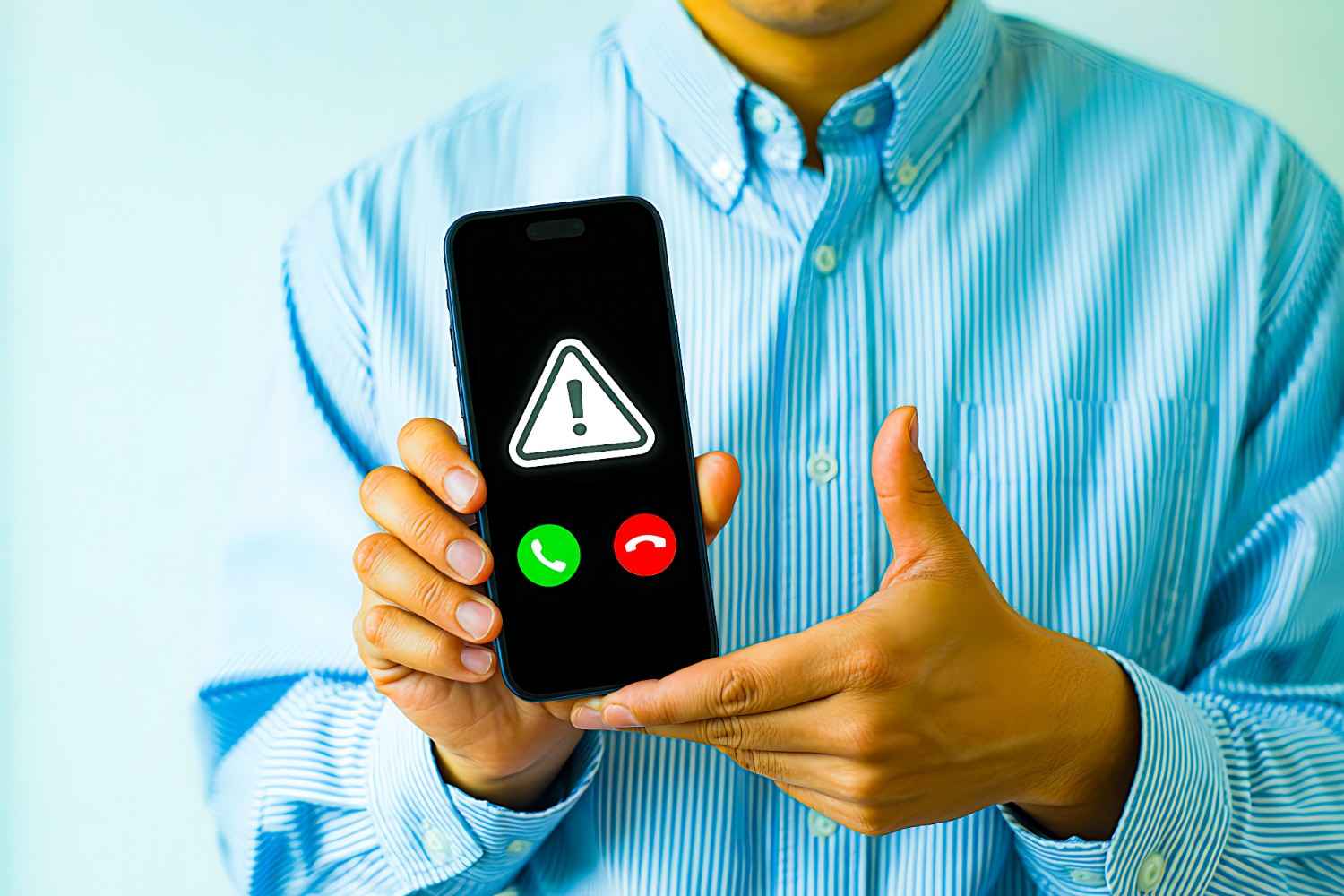
What rights do you have if 8334313077 is a debt collector?
U.S. law gives you strong protections. Under the CFPB’s Debt Collection Rule (Regulation F), collectors must provide validation information—details about the alleged debt—either in the initial contact or within five days. If they call you first, you can request that information in writing. The FTC’s FDCPA guidance also confirms your right to dispute within 30 days; once you dispute, the collector must stop collecting until they send verification.
You can also tell a collector to stop contacting you entirely. If you make a cease-communication request, they generally must stop (with limited exceptions like notifying you of specific legal action). And if your employer prohibits personal calls, they can’t contact you at work.
If this number leaves only a narrow “limited-content message” (for example, just a name and callback request), that format has special treatment under the Rule regarding third-party communications—another reason to keep everything documented.
How should you handle a call from 8334313077 step by step?
First, don’t engage on the spot. Let unknown calls go to voicemail so you can capture the message. Then take these steps:
- Verify in writing. Ask for a written validation notice that includes the amount, the original creditor, and how to dispute. Use the CFPB’s model validation notice and letters to keep it clean and compliant. Send requests via certified mail and keep copies.
- Dispute or request more info (within 30 days). If anything looks off—wrong person, wrong amount, too old—dispute promptly. Once you dispute, the collector must pause the collection until it verifies.
- Control communications. If calls are frequent or intrusive, tell them to stop contacting you or specify your preferred channels (mail only, attorney only). They must honor it under federal rules.
- Watch for red flags. Demands for instant payment, threats, gift cards, or refusal to send written validation are classic scam signals. When in doubt, independently confirm the agency’s legal name and licensing before paying a cent. (Your state AG or regulator can help.)
Could 8334313077 be legitimate and still feel suspicious?
Yes. Even legitimate agencies can use aggressive scripts or robodialers that raise eyebrows. Reports tied to 8334313077 include message snippets referencing “NARG”/“National Action Resolutions Group,” which align with debt-collection phrasing. But directory or forum posts are not official proof—hence why written validation is your safest move.
If the letter checks out and the debt is truly yours, you can negotiate; many consumers arrange payment plans or settlements they can actually manage. If it doesn’t check out, dispute it and keep your records tidy.
What’s the best SEO-friendly way to research 8334313077 without falling for clickbait?
Search the exact number (“8334313077” and “833-431-3077”) and compare multiple credible sources. Cross-reference user-report directories (for patterns and voicemails) with official consumer-protection guidance for your rights and next steps. For example, RoboKiller analytics show overall activity and user reputation, while the CFPB and FTC outline exactly how validation and disputes work—information you can act on, not just read.
FAQs about 8334313077
1. Is 8334313077 a scam?
It’s widely reported as spam and appears linked to debt-collection-style messages. Treat it as potential debt collection until verified. Ask for a written validation notice; legitimate collectors must provide one. If they refuse or pressure you to pay immediately without documentation, that’s a red flag.
2. What should I say if I accidentally pick up a call from 8334313077?
Stay calm, say you prefer everything in writing, and request a validation notice. Avoid sharing personal numbers, your SSN, or banking details over the phone. Then hang up. Follow up with a certified letter if needed using CFPB templates.
3. Can I make 8334313077 stop calling me?
Yes. You can send a cease-communication request. Under federal rules, collectors generally must stop contacting you, with limited exceptions. If your workplace bans personal calls, they can’t contact you there either.
4. What happens if I dispute the debt behind 8334313077?
If you dispute within 30 days of receiving the validation notice, the collector must stop collection until it provides verification (like a copy of the bill, the name of the original creditor, etc.). Keep copies of everything and send letters by certified mail.
So… Should You Answer 8334313077 or Let It Roll to Voicemail?
Short answer: let it roll, then take control on your terms. 8334313077 has spam/debt-collection reports across call-report tools, and the smartest move is to force the process into writing. That unlocks your legal protections—validation, disputing, and communication limits—so you never feel cornered or rushed. Use the CFPB’s sample letters, keep notes, and act only after you have verified details in black and white. You’ve got options, and you’ve got rights.
Disclaimer: Number-report sites reflect user submissions and can change over time. Laws vary by state. For personalized advice, consider contacting your state attorney general or a consumer-law attorney.
